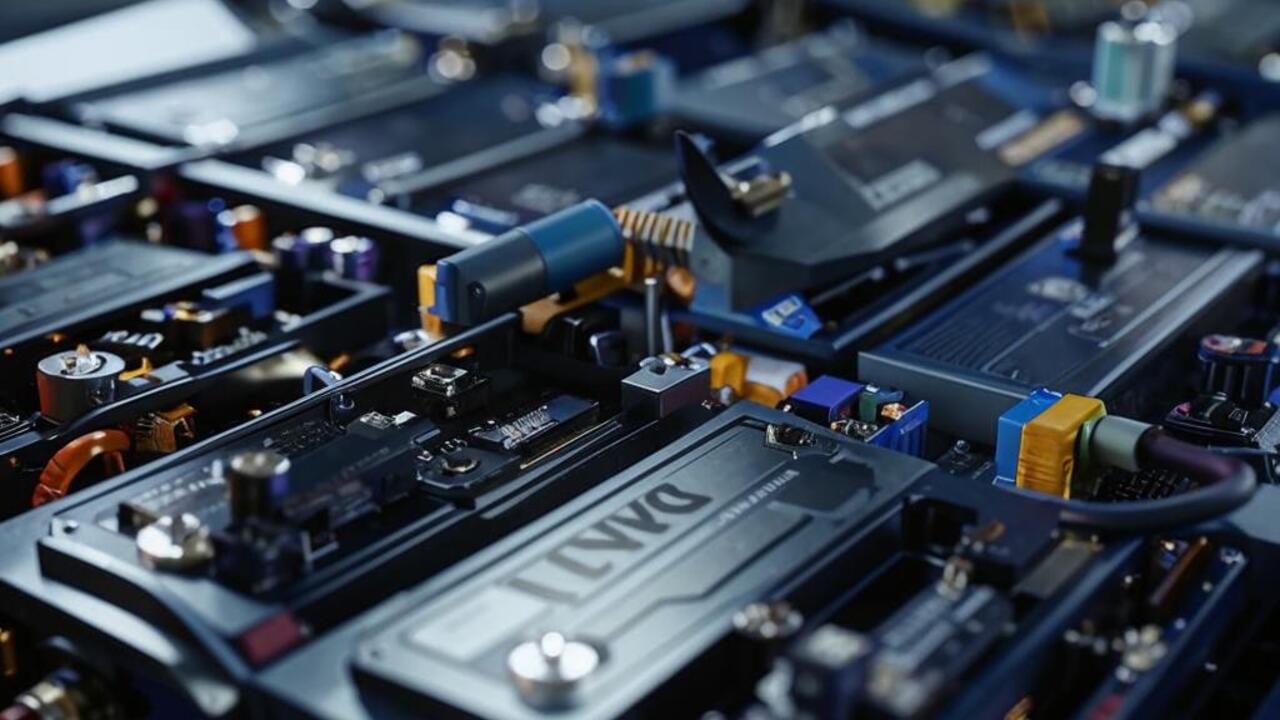One way to achieve technological independence from fossil fuels is through solar panels, but these also pose a threat to the environment after their lifespan. In the coming years, scientists expect a huge amount of electronic waste to be generated.
Lithium-ion batteries for electric vehicles pose the same danger. In this context, Chinese scientists have proposed a new method for the production of car batteries. For this purpose, a silicon anode was developed using silicon obtained from waste solar panels.
This approach is due to its long-term sustainability: scientists abandoned the development of silicon anodes from scratch because the material undergoes significant expansion and volume reduction during the charge-discharge cycle, leading to mechanical cracks in the anode and deterioration of battery performance.
At the same time, the silicon used improved the quality and capacity characteristics of the batteries: when tested for performance, such batteries had better electrochemical stability and maintained a Coulombic efficiency of 99.94-99.9% even after 200 charge-discharge cycles. Battery capacity increased manifold.
“Sustainably recovering silicon from discarded solar panels reduces both the economic and environmental impacts of photovoltaic waste. Converting waste into valuable battery components significantly reduces the cost of lithium-ion batteries and increases their availability,” said QIBEBT researcher Dong Tiantian, one of the study’s co-authors.
Source: Ferra
I am a professional journalist and content creator with extensive experience writing for news websites. I currently work as an author at Gadget Onus, where I specialize in covering hot news topics. My written pieces have been published on some of the biggest media outlets around the world, including The Guardian and BBC News.











